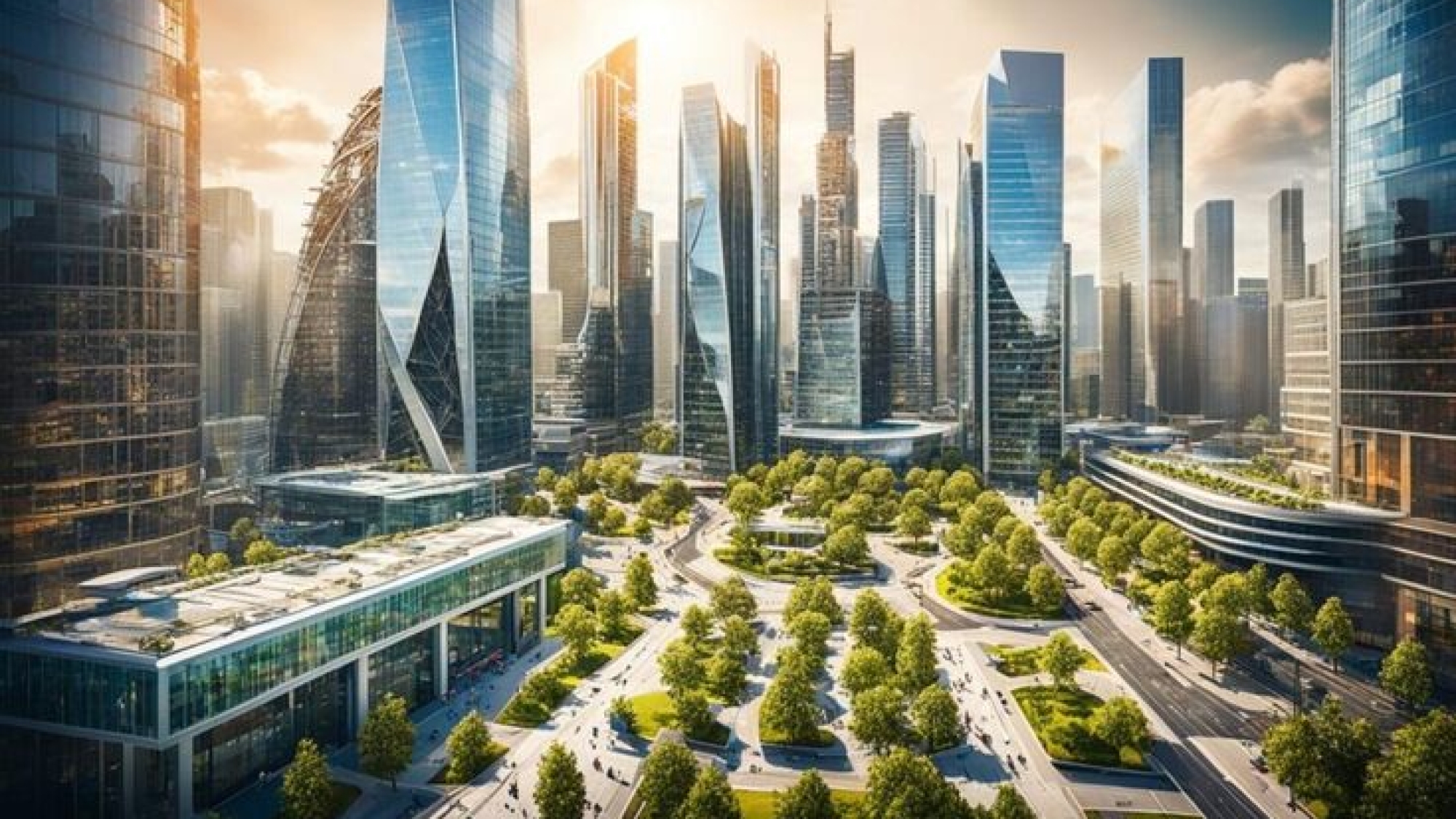The construction industry is undergoing a profound transformation as sustainability becomes a global priority. Green construction, with its focus on eco-friendly materials and energy-efficient designs, is no longer a niche sector but a mainstream expectation. This shift presents opportunities and challenges for project managers, who must balance traditional project goals—time, cost, and quality—with environmental considerations. As demand for green-certified buildings grows, the role of project managers becomes increasingly pivotal in shaping the future of sustainable development.
To succeed in green construction, project managers must adopt innovative strategies that address unique challenges. Preconstruction processes often require more time due to detailed planning, regulatory approvals, and stakeholder engagement. Managers must excel in risk assessment, identifying potential issues with untested green technologies or materials. Communication and collaboration are equally critical, ensuring alignment among diverse teams, including architects, green consultants, and clients. By fostering a culture of adaptability and leveraging tools like Building Information Modeling (BIM), managers can streamline workflows and optimize project outcomes.
The future of construction lies in the seamless integration of sustainability into every phase of a project. For project managers, this means not only acquiring new technical skills but also championing a mindset of environmental responsibility. By prioritizing education and embracing innovation, managers can lead the charge in creating buildings that are both functional and sustainable. As the industry continues to evolve, those who adapt will play a crucial role in reducing construction’s environmental footprint and building a legacy of greener cities and communities.
The Future of Green Projects
with
no comment

